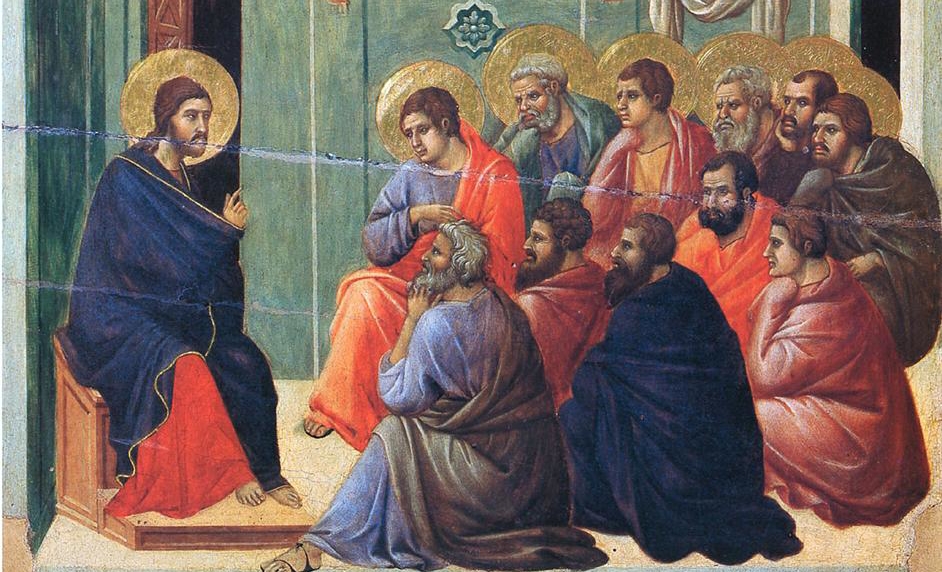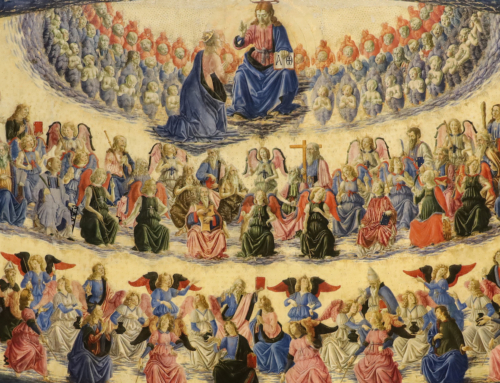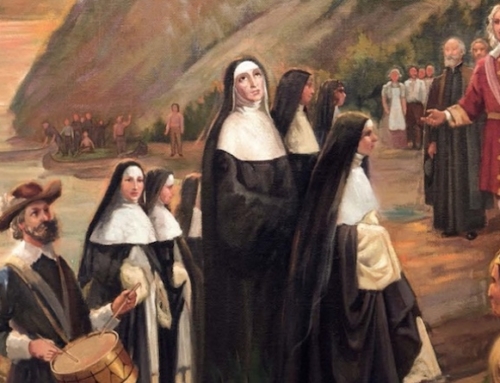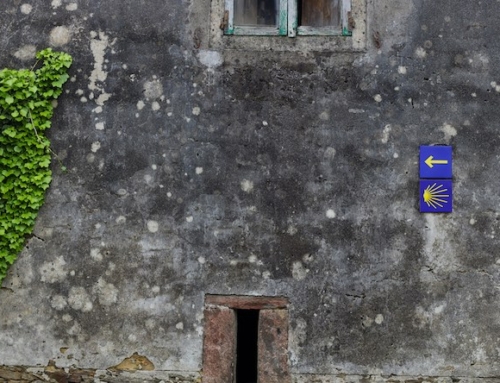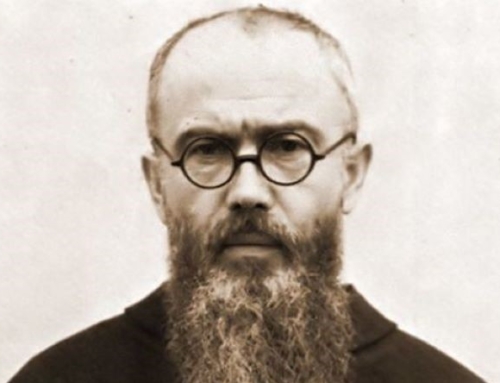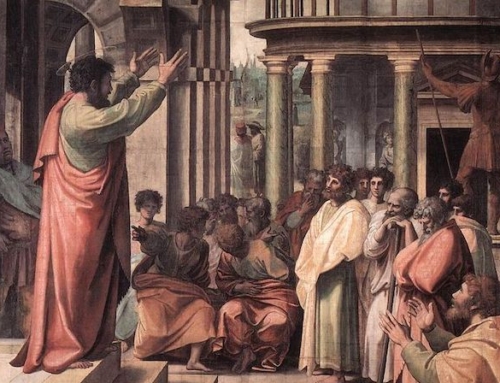It is tempting for the contemporary Catholic, especially an enthusiastic apologist, to try to explain and to prove the faith to others. I know many, myself included, who have discussed the faith with family or friends who have fallen away or even simply have a question to ask: nearly always, I overdid it. We want to recommend a great book to them, answer their questions, or take away all their intellectual obstacles to belief. After all, if everyone knew how reasonable our faith is, they would stop fighting it and hop on board, right? St. Thomas Aquinas cautions us against this method, “lest anyone, presuming to demonstrate what is of faith, should bring forward reasons that are not cogent, so as to give occasion to unbelievers to laugh” (Summa Theologiae). This is not merely a cautionary measure for those who simply do not know the reasons, as if he is telling us to leave the arguments to the experts. Rather, St. Thomas wants to safeguard the divine origin of faith, “that your faith might not rest in the wisdom of men but in the power of God” (1 Cor 2:5).
Following this, the First Vatican Council declared, “There is a twofold order of knowledge, distinct both in principle and in object” (Dei Filius, Ch. 4). On the one hand, there is natural knowledge, which progresses from human reason as its principle and reaches toward its appropriate truths (those which we can discover through experience, argumentation, etc.). The other order is supernatural, bestowed on us through the divine gift of faith, revealing to us truths beyond our natural capacity. Indeed, Dei Filius insists that “there are proposed to our belief mysteries hidden in God, which unless divinely revealed cannot be known.” Furthermore, the supernatural order can grant us certitude even about some truths within the realm of reason.
The First Vatican Council and St. Thomas want us to recognize the distinct spheres of faith and reason, while realizing that the subject matter does indeed overlap at times. For example, we can know that God exists by reason and by faith. Natural reason can arrive through argumentation concerning the origin, conservation, and governance of creation to the certainty of the existence of God (with much difficulty, the admixture of error, and only after a long time, St. Thomas tells us). Reason is confident because of the soundness of one’s argument and understanding. Through faith, on the other hand, we believe in God because God revealed himself to us. Faith’s confidence rests in God, trusting not in our own ability but in God’s testimony.
While faith can certainly overlap in content with reason, we should remember what Vatican I told us: “There are proposed to our belief mysteries hidden in God, which unless divinely revealed cannot be known.” Far beyond reason’s reach, faith receives mystery. We should not depreciate these mysteries, as if we can penetrate them without divine assistance. After all, these mysteries are hidden in God! Far from discouraging us from seeking to understand, the recognition of the hidden, inaccessible character of mystery should teach us how precious faith is. Even if only “in a mirror dimly” (1 Cor 13:12), faith enables us to see these hidden mysteries. Let us dwell in these mysteries through faith, awaiting the day we may see the Lord face-to-face forever.
✠
Image: Duccio, Christ preaches the Apostles.

